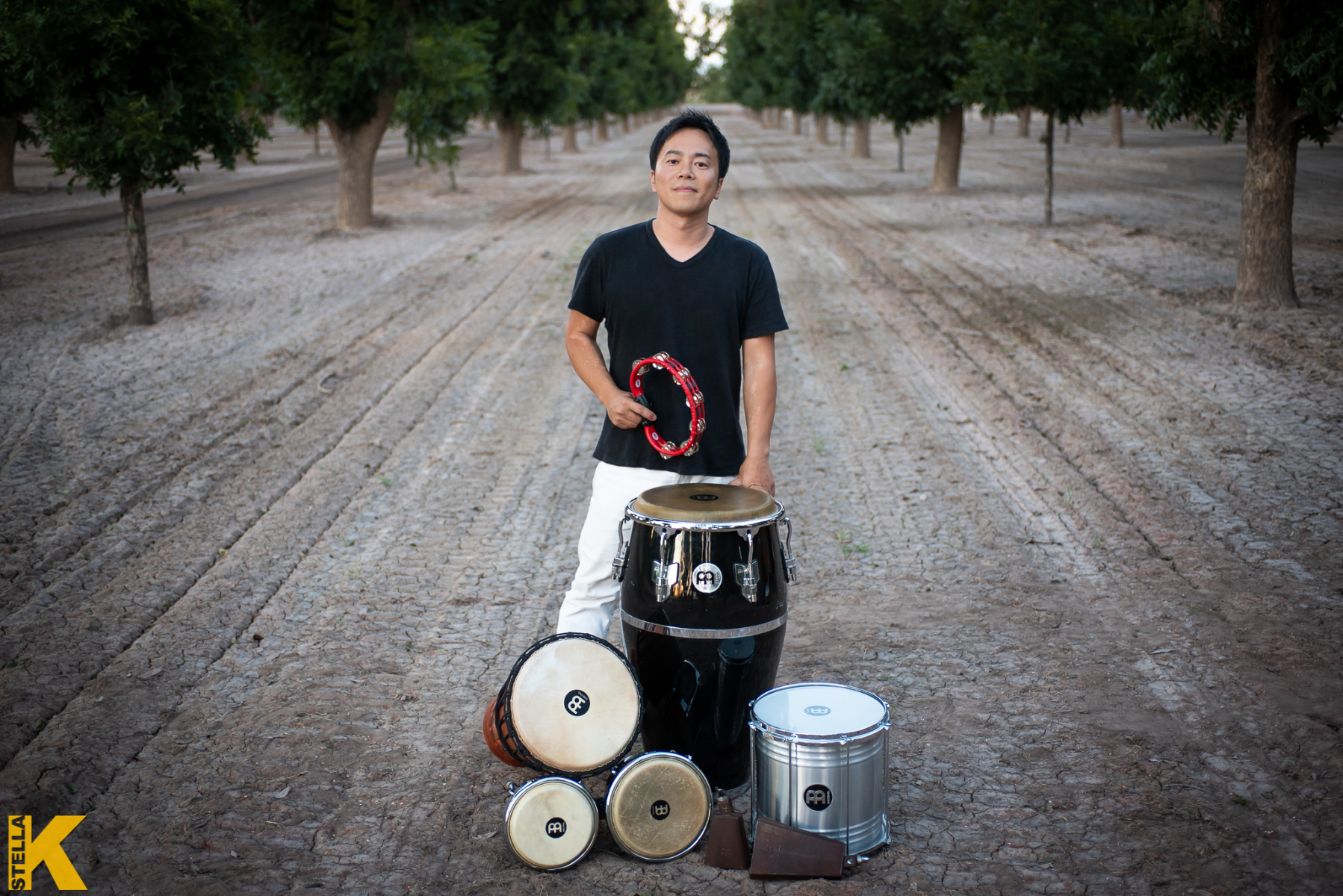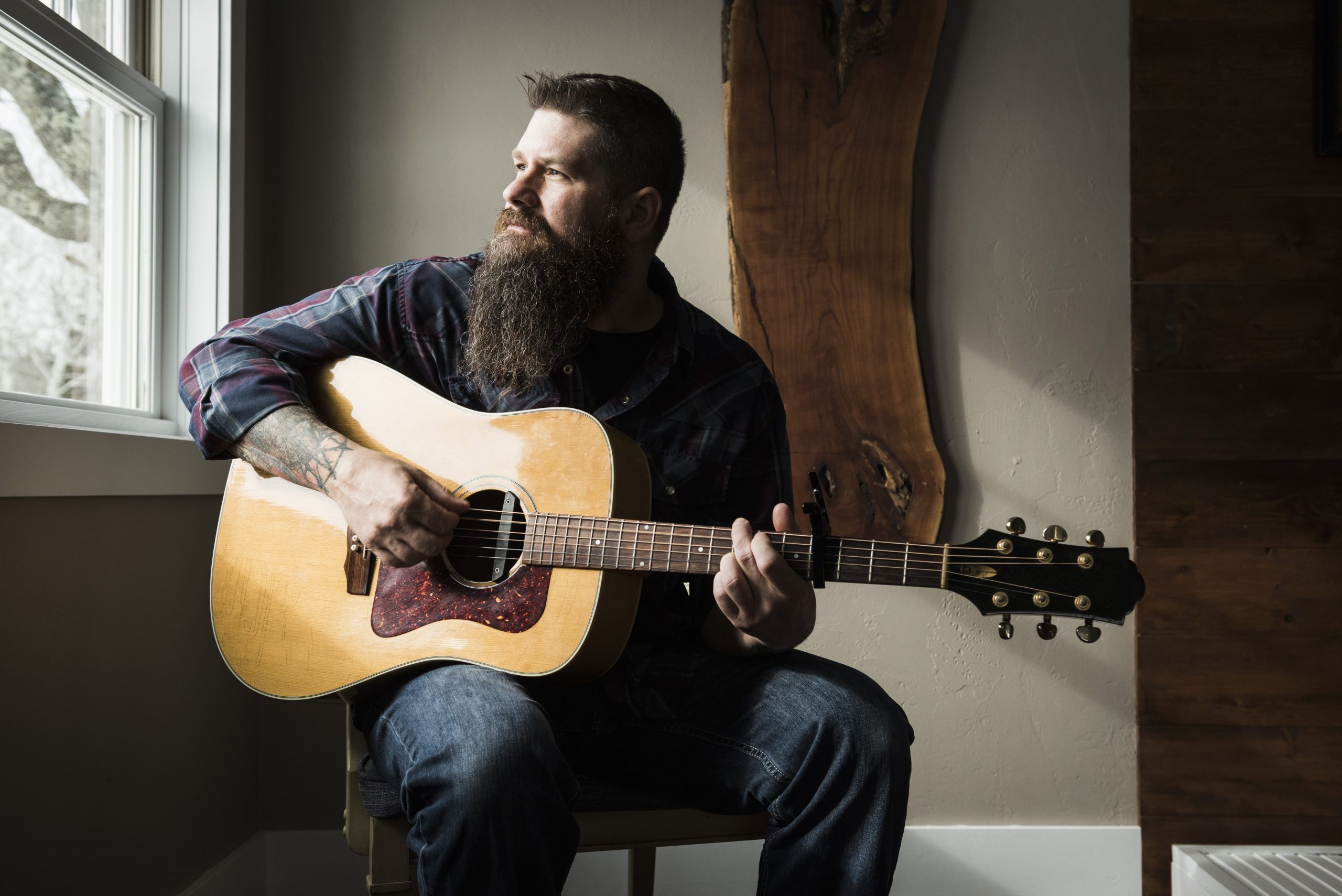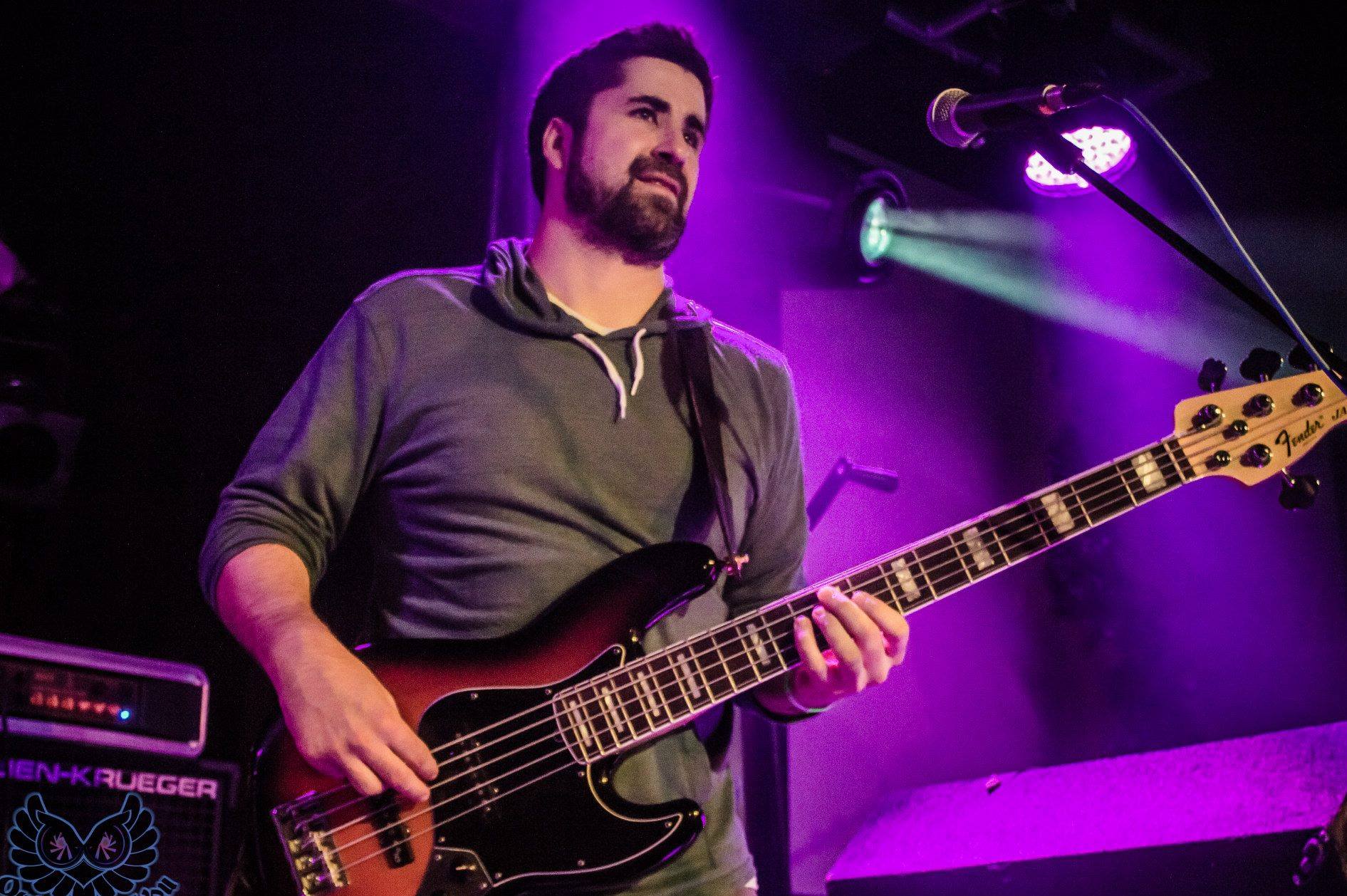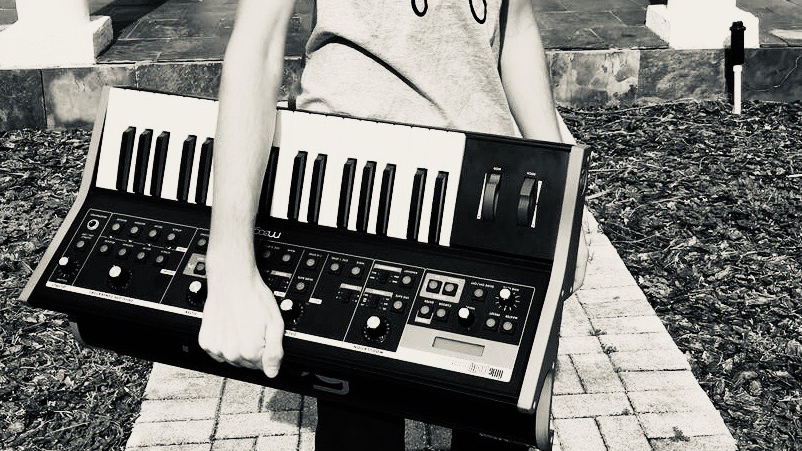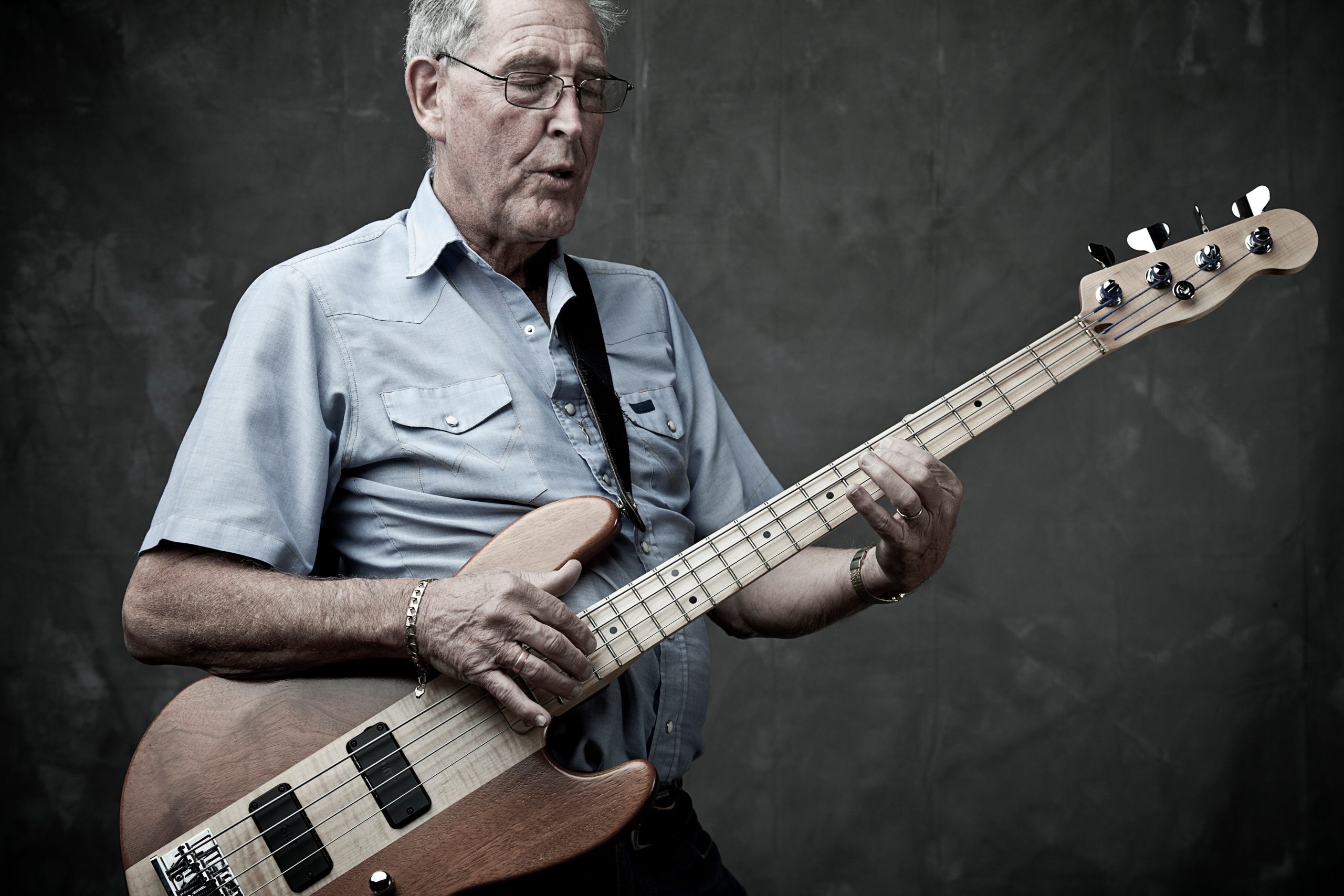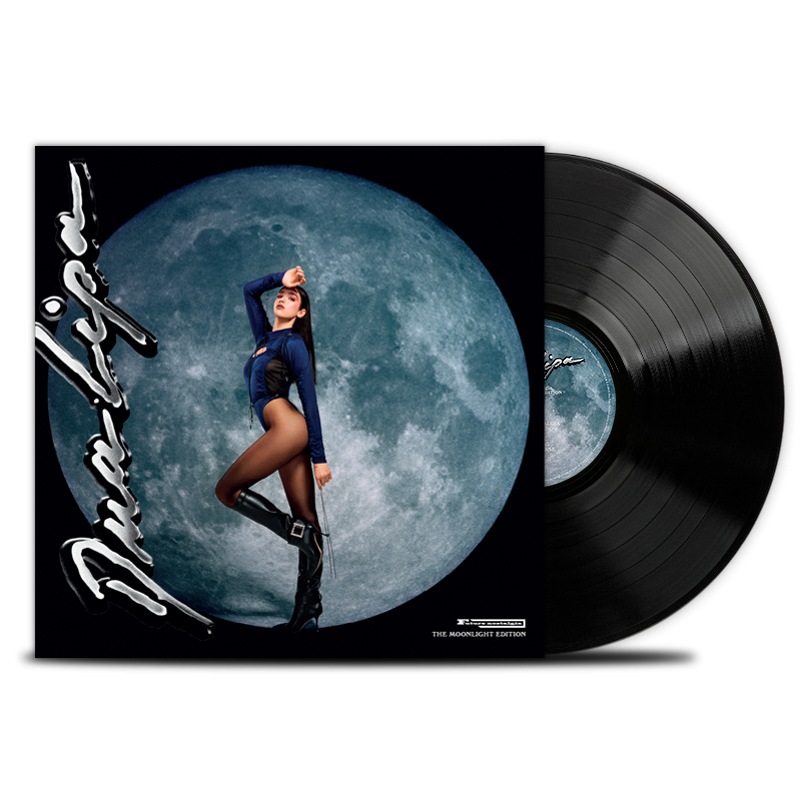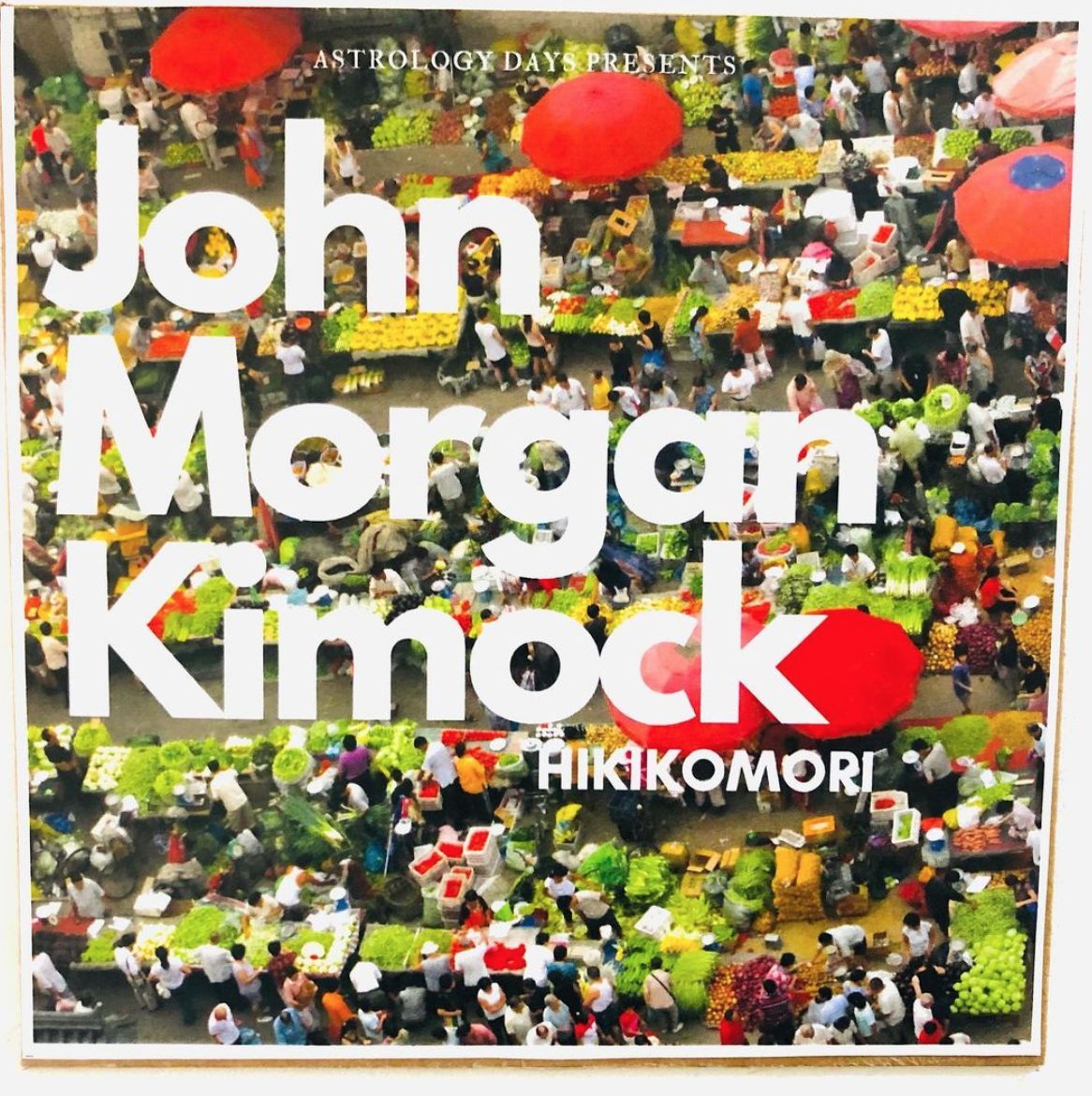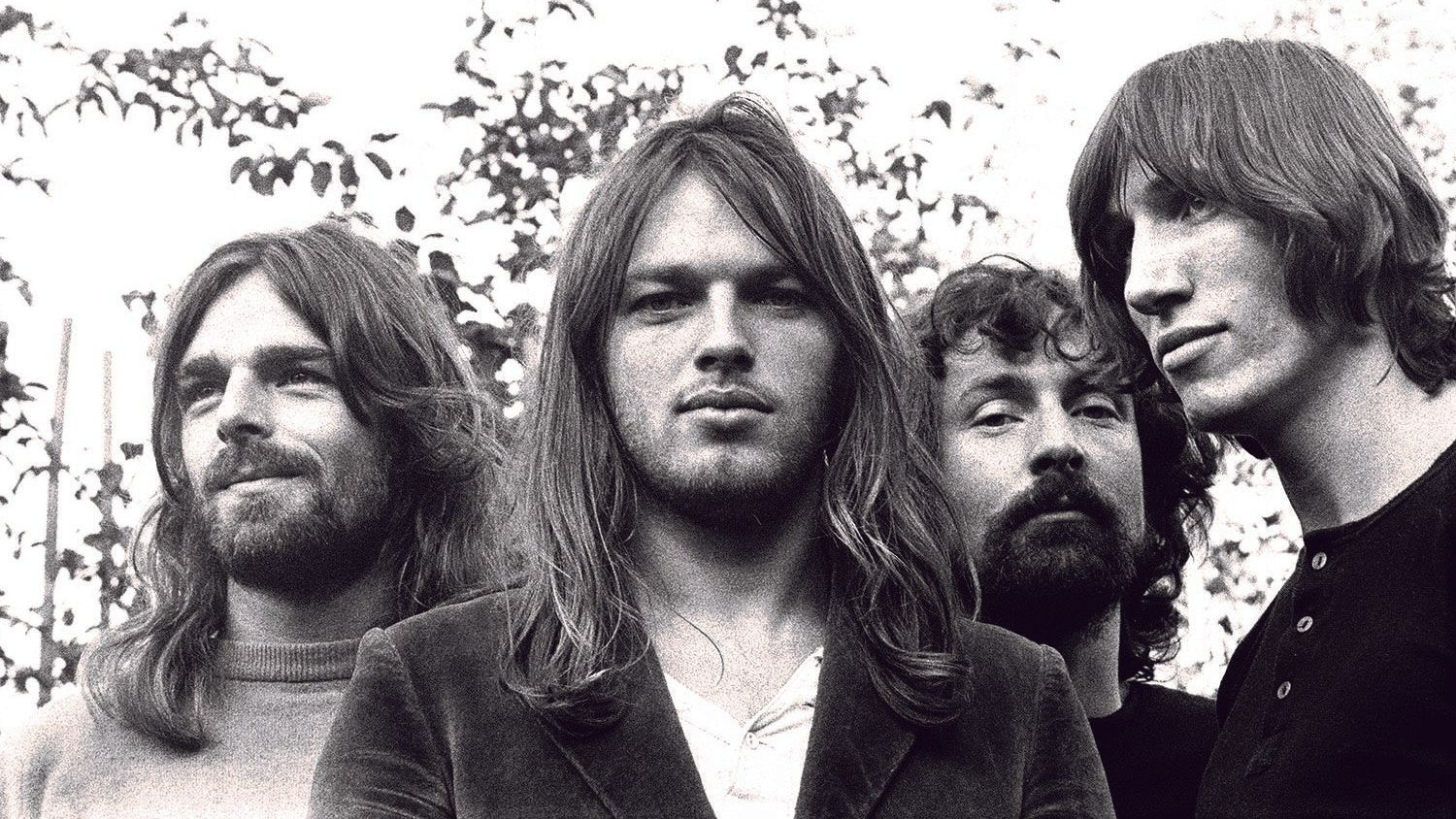BY KIETA OGAWA, of Snarky Puppy
There is alot of fake news about percussion and percussionists…well, not really, but we wanted to answer some of the most common questions that surround the world of percussion that were submitted by young musicians and readers. We asked multi Grammy winning percussionist, Keita Ogawa from Snarky Puppy, to share some of his extensive knowledge with us and he kindly obliged from his home in Japan.
Keita is currently nominated for 2 more Grammy awards, one with Snarky Puppy for Best Contemporary Instrumental Album and another with Becca Stevens for Best Arrangement, Instrumental and Vocals.
Ogawa has toured the world with a variety of musical acts including Yo-Yo Ma, Boston Symphony Orchestra, Chicago Symphony Orchestra, Charlie Hunter and many other greats. We are honored to have such great insight from a truly accomplished percussionist.
WHAT ARE THE FOUR TYPES OF MUSICAL INSTRUMENTS?
For the most part, all instruments can be categorized into 4 instrument families: Percussion, Woodwind, String and Brass Percussion includes more than different drum types as a variety of instruments fall into the percussion family.
WHAT ARE PERCUSSION INSTRUMENTS?
Percussion Instruments are wide ranging and include everything from the Timpani Drum to the Wooden Xylophone. Even spoons rattling is percussive enough to qualify it for the percussion family.
The list even includes pianos, which are percussion instruments.
While all instruments can be played like percussion, the instrument family in effect includes whatever doesn’t fall under Woodwind, String and Brass.
For the types of drums found in an orchestral setting, common percussion instruments include snare drum, xylophone, cymbals, bass drum, tambourine, gongs, chimes, maracas and celesta instruments.
A piano and often a full drum kit are also used in an orchestra.
IS PIANO A PERCUSSION?
The piano is in fact considered percussion. While there are strings in a piano that ultimately created the sound, it is the act of a hammer hitting the strings that warrants the piano to be included in the percussion family.
It is reasonable to also consider the piano to be in two instrumental families as the piano strings absolutely qualify the piano as a string instrument. In most applicable cases, if a musician only plays the piano and no other percussion instruments, the musicians would not be referred to as a percussionist, simply a pianist.
DRUMMER VS PERCUSSIONIST
The most basic difference between a drummer and percussionist can typically be found in the types of drums they play. Most drummers play a drum kit while percussionists play almost all instruments that fall in the percussion family.
Regardless of whether one is a drummer or a percussionist, they both need to groove, keep time and they get along with each other, musically and personally.
The main difference is that a Drummer has the most responsibility in the band as they hold everything together and can be limited in how much they play while supporting the music. The Percussionist is allowed more creativity to put “spices” into the music.
WHAT MAKES A GOOD PERCUSSIONIST?
Beyond keeping good time and groove, a good percussionist has to have their own voice and a seemingly unlimited amount of creative ideas.
KEITA OGAWA from Nagasaki, Japan, is a 2 time Grammy nominees and Grammy Award winning percussionist and drummer in, currently residing in New York City and Japan.
Photo by Stella K


